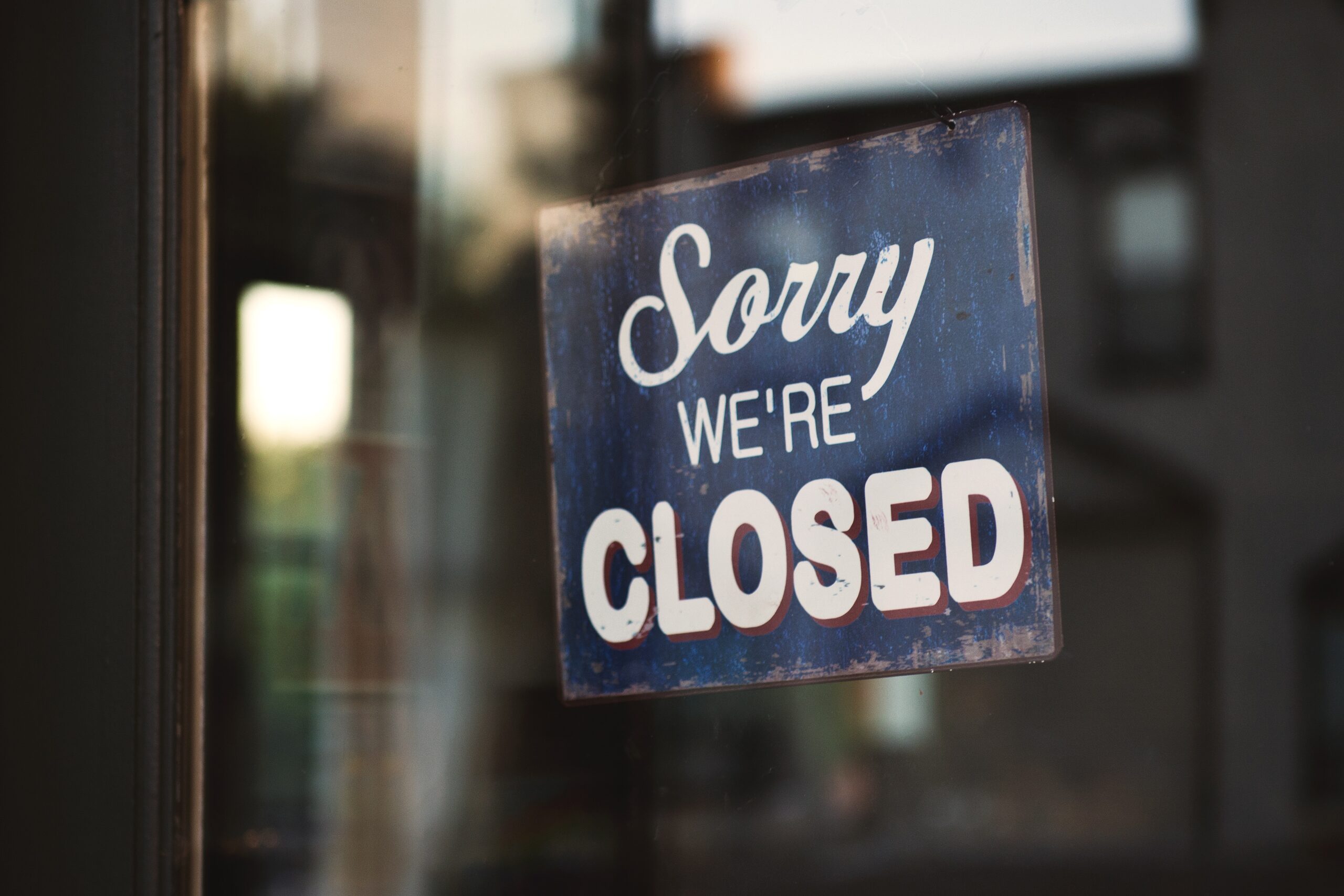As we approach the end of an unpredictable and tough year for businesses, Barclaycard Payments’ latest SME Barometer has found that two-thirds (66 per cent) of small and medium-sized enterprises in England feel more prepared for the current national lockdown than they did for the first lockdown in March.
The top reasons given for this outlook are mental preparation (36 per cent), the changes they’ve made to their business to make it more resilient (32 per cent), and the Government support in place (14 per cent).

Across the UK, many SMEs are also turning to e-commerce as a way of recapturing some of the opportunities they’ve missed out on, with just under half (45 per cent) increasing their online presence since March 2020 – with website improvements (67 per cent), putting services online (66 per cent) and social media advertising (64 per cent) cited as the measures which have had the most positive impact. Half of business owners (50 per cent) also reported investing in improving digital skills, either for themselves or their staff.
Barclaycard Payments data show that small businesses are being rewarded for adding the ability to take online payments, with e-commerce transactions at SME merchants up 6 per cent since last quarter, and up 16 per cent year-on-year.
All eyes on 2021
Looking ahead to next year, nearly three quarters (74 per cent) of business owners are planning to invest back into their business. The most popular areas for investment are marketing (29 per cent), and new equipment / technology (28 per cent). SMEs are also embracing the shift to ‘working from home’ for the long-term, with over a fifth (22 per cent) planning to invest in working from home or productivity tools.
Prior to the lockdown announcement for England on 31st October, almost two-thirds (63 per cent) of SMEs expected to return to 2019 levels of output by the end of 2021, although the latest restrictions may make this less achievable for some businesses.
Konrad Kelling, Head of Small Business, Barclaycard Payments, said: “The past year has been incredibly difficult for SMEs across all sectors, so it’s reassuring to see that many have been able to take advantage of the lessons learned during the first lockdown to adapt their business ensuring that they are able to continue to serve their customers.
“At Barclaycard, we want to support all of our clients and are working closely with those impacted by current circumstances by providing care packages to help them navigate the challenges they face.”
As businesses continue to adapt to lockdown and a post-COVID economy, Konrad recommends that SMEs:
- Invest in the “new normal” – it might sound like a cliché, but we’re unlikely to return to the world as it was before the pandemic. Investing in your online presence and ‘working from home’ tools is not just a way of preparing for another lockdown, it’s a way of preparing for the future.
- Make sure people know who’s behind your business – many customers are looking to support their local SMEs during these tough times, so make sure your customers know the stories and people behind your business.
- Try to think beyond crisis mode – with so much going on, SMEs can often feel like they are constantly firefighting. As hard as it can be to find the time, SMEs should try to balance their short and long-term goals.
- Seek out support – SMEs need to remember that they are not alone. Whether it’s from the Government, your bank, or peer networks such as Enterprise Nation, it’s important to ask for help during this difficult time.
- Harness the power of social media – social media is a great channel to keep customers engaged by sharing your story, and the story of your business. It is also a way of sourcing inspiration and motivation from other businesses facing similar issues.
Emma Jones, founder of small business network Enterprise Nation, says, “SMEs have again and again proved their resourcefulness and flexibility in this crisis. They have been proactive in looking at ways to adapt their business for a COVID economy – with investment in online tools, and having staff working from home all crucial to their ability to ride out the latest round of pandemic disruptions. In light of all of the economic setbacks, SMEs are hopeful that 2021 could bring back a degree of normality – and we are hopeful that they will persevere.”
Wasel Ali, Owner, Paradise Indian Restaurant, said:
“The first lockdown was a real shock for us. Having mainly operated as a sit-down restaurant, with a small click-and-collect takeaway option, for over 50 years – we suddenly had to adapt and launch our own home delivery service.
“While we knew our customers on first name terms, we realised that we had no way to contact them or let them know that we were still operating. Luckily word-of-mouth got round, but over the past few months, we’ve been forced to think outside the box and develop as a business.
“We’re now in a much better position. Since the first lockdown, we’ve set up a new kitchen exclusively for takeaway orders, have begun developing a social media presence, and are designing our own app so that customers can order with us directly.
“My advice for other SMEs is to try and stay calm and identify where, despite the restrictions, you can still make sales – however small they may be!”

















